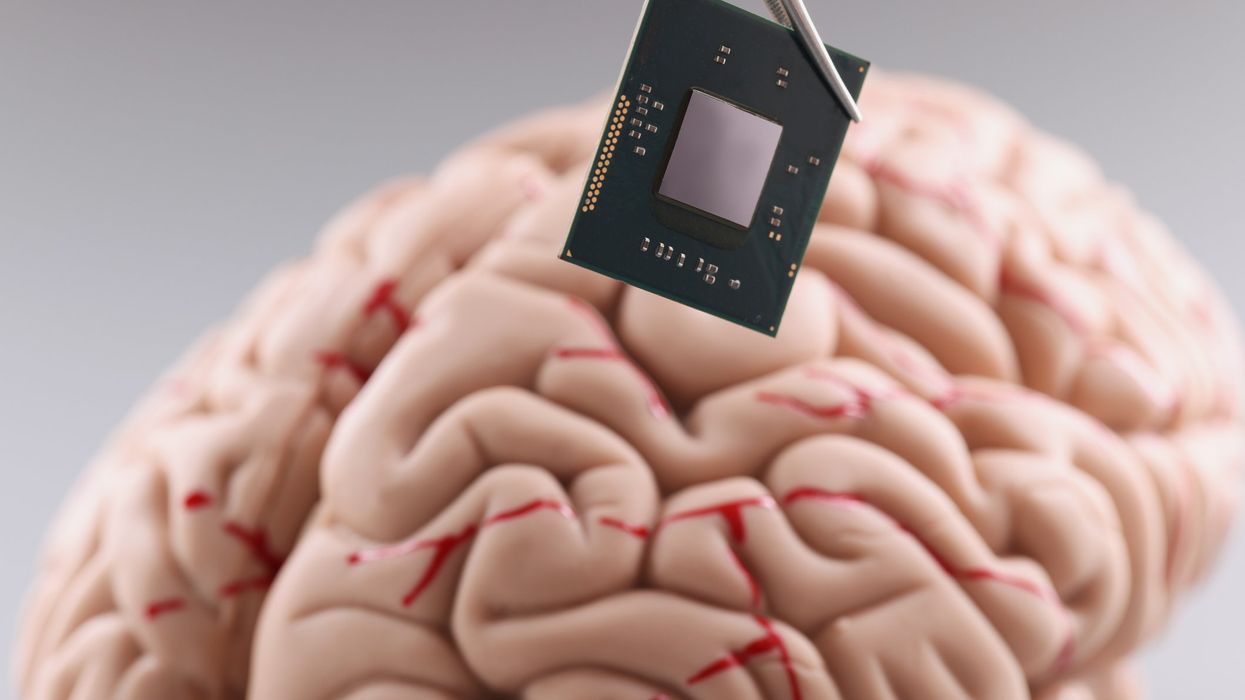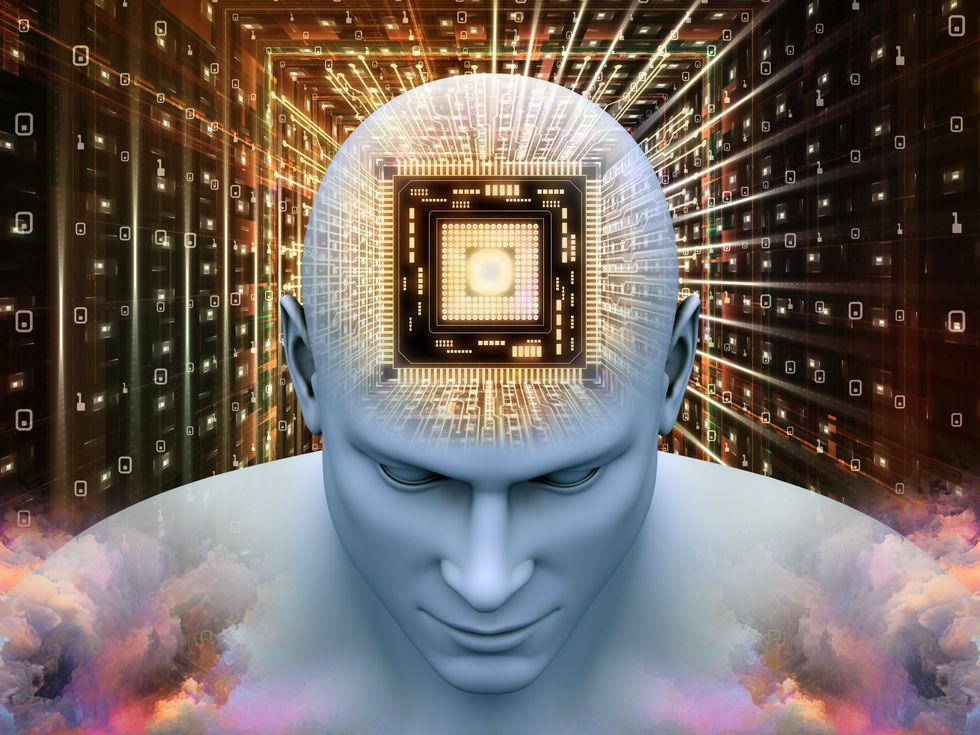
Ivan-balvan/Getty Images

With all the inevitability we’re supposed to expect from progress, Neuralink has finally implanted its brain chip inside a living human being.
The first product from the brain-hacking firm, dubbed Telepathy, “enables control of your phone or computer, and through them almost any device, just by thinking,” Elon Musk enthused on X.
“Initial users will be those who have lost the use of their limbs. Imagine if Stephen Hawking could communicate faster than a speed typist or auctioneer,” he posted. “That is the goal.”
Followers of the sordid Jeffrey Epstein saga would be hard-pressed to imagine a scene not so buffed up with marketing naïveté: the genius who frequented Epstein’s island enjoying a hi-tech twist on the nude-dwarves-at-the-chalkboard scenarios he favored. Moving on to Epstein’s use cases for the technology, the world-weary imagination can run wild.
Break eggs to make an omelet? Our moral logic is now trending toward making monsters to become gods. What could go wrong?
Technology can’t eat the world unless it eats us along with it, from the inside out. Getting billions to like tech the more it parasitically feeds off of our personal interior is the ultimate marketing challenge — one that demands an ever more cartoonishly “inspiring” and “innocent” idealism abstracted away from the unhealthy reality.
But it is idealism at an ever higher price. Sure, the biotechnological mutilation of children may seem abhorrent today, but the advances we unlock through early efforts like these will unleash untold benefits for billions, no, trillions of future superhumanoids! Welcome the latest tech into your mind and body, and you yourself might just live long enough to join their ranks!
Break eggs to make an omelet? Our moral logic is now trending toward making monsters to become gods. What could go wrong?

Well, the tech worshippers have a certain point when they suggest the alternative is “stagnation,” a state of affairs in which humans lacking any new improvements or constructs turn their perversity and wickedness toward destruction for its own sake, not for the sake of something higher.
But that only brings us back around to the difficulty we can’t innovate our way out of without destroying our humanity. No increase in power or technique can substitute for or replace the purity of heart, which must be won the hard way through the most humble and long-suffering of spiritual disciplines.
No matter how we disfigure ourselves trying to escape that obligation, the lesson of our millennia of sorrows is clear: Even the most otherwise excellent and enhanced fall immeasurably short of the glory they yearn for if what is on the inside, forever beyond the reach of technology, is rotten and foul —or even simply cold and hard.
Well, we’ll take our chances, some technologists are apt to say; we’ll do us, you do you, and we’ll see who comes out ahead. Yet such a stark divide between material technique and spiritual practice is an absurd and devilish regression. Technology at any stage of development turns against us to the degree we turn against our spiritual responsibilities to and for ourselves. And to the degree we take these responsibilities to heart, we can wisely guide innovation to serve our bodies and souls well.
In such a truly enlightened condition, we can, as they say, “have nice things.” Not that, in this higher state, we would care about them. Perhaps that suggests the ultimate test for the quality of a technology, one far more honest and valuable than the salesman-speak of the would-be manufacturer of a superhuman new age.